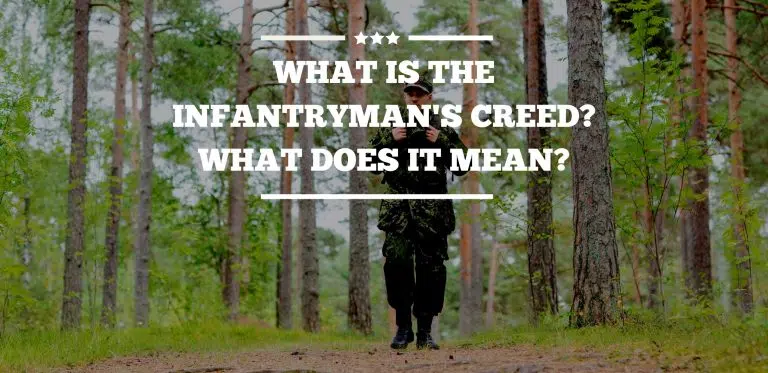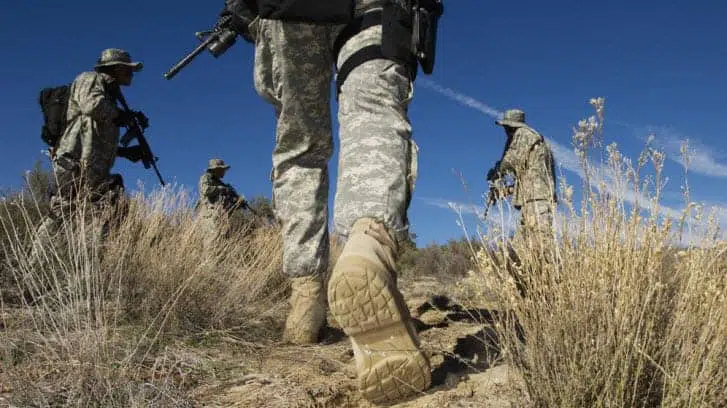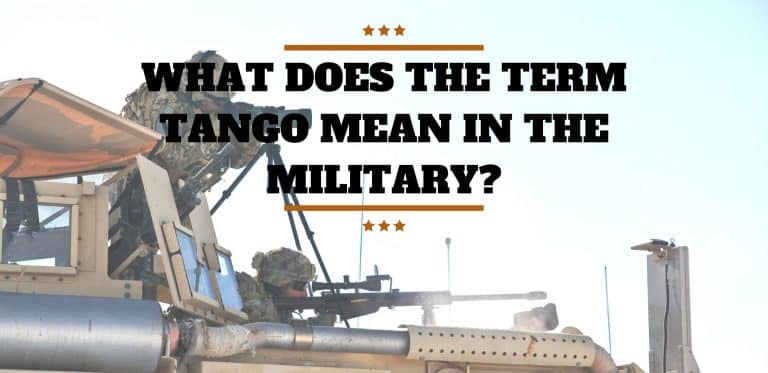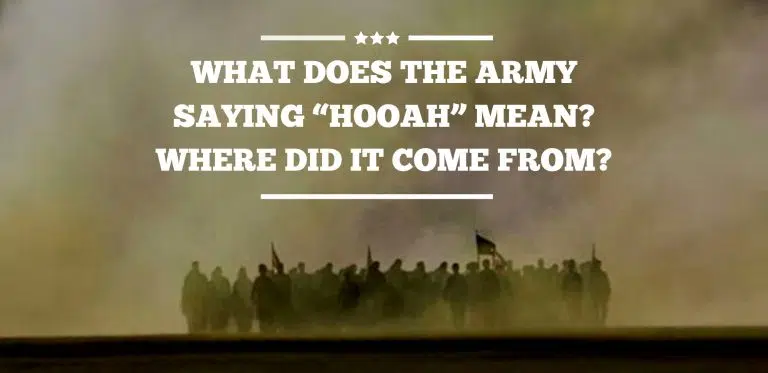What Is A Military Veteran?
Important Note: When you buy through our links, we may earn a commission. As an Amazon Associate we earn from qualifying purchases. Content, pricing, offers and availability are subject to change at any time - more info.
In the United States, about twenty-five million people have served in their nation’s military. They are not only a part of a branch of service but also an organization with its history and culture. Veterans who once served in the U.S. military have now set out to help other veterans who may be struggling with life after service or returning home from active duty abroad. It is where they presented the idea of a veteran’s fraternal organization.
- What is a Military Veteran?
- Qualification For A Military Veteran Status
- Types of Veterans
- Benefits That Veterans Get
- What is a Protected Veteran?
- Branches Not Considered Veterans?
- Other Facts About Veterans
- Final Note
What is a Military Veteran?
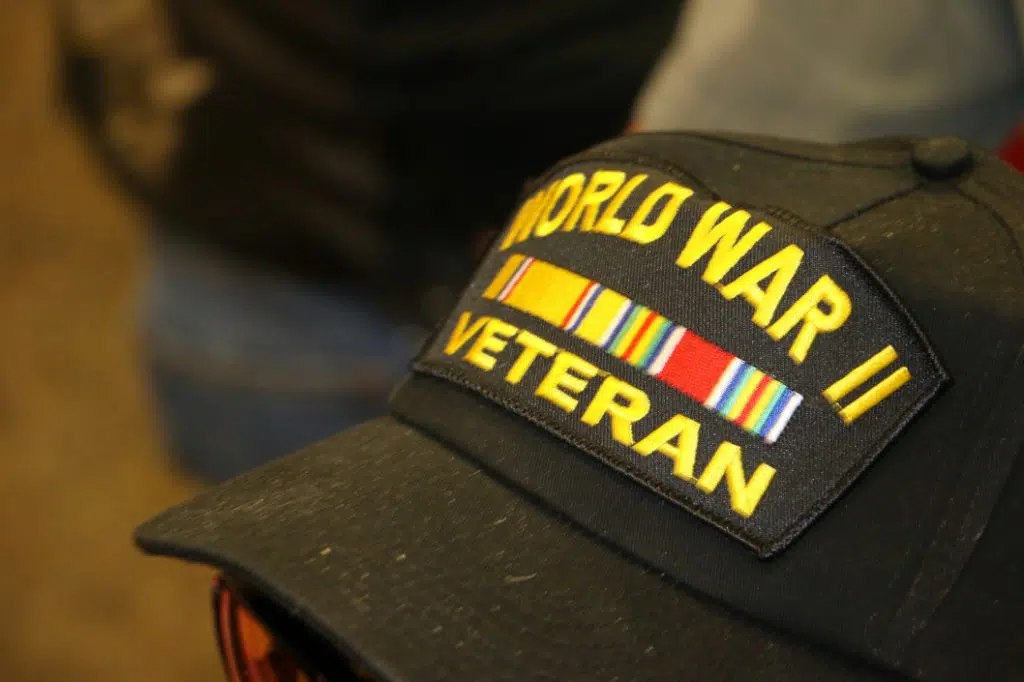
A military veteran has served in the U.S. military and, as a result, has had to face adversities, psychological wounds, and other challenges while serving the country they love and respect. It includes any service, including the armed forces and reserves and those who have served in the merchant marine and marines. While serving in the U.S. military is not directly related to war, some have served in combat during the military. Combat duty involves military personnel engaging others with force, whether by land, sea, or air, including enemy combatants and civilians.
Qualification For A Military Veteran Status
Just as the title implies, military veteran status is not given to everyone who served in the U.S. military. They must meet specific qualifications to receive it, such as:
- You must have continuously served in the military for honorable services for at least one year of your life from your 18th birthday. It can include active service if you still meet the other qualifications mentioned above.
- You must have been honorably discharged when you reach thirty years of age.
- The one-year continuous service must be uninterrupted.
- You are not eligible for a veteran status if you have been convicted of a serious crime such as murder and treason.
- If you have already served for twenty years and continue to serve inactive status, you won’t lose your veteran status as long as you are honorably discharged before reaching thirty years old.
Types of Veterans

Active Duty Military Veterans
Active duty military veterans have served either in the regular armed forces or the reserves. An active-duty military veteran has served during any period of war, and so they qualify as a veteran and must be given that status. Active duty military veterans can also receive veteran benefits from the U.S. Veterans Administration (V.A.).
National Guard Military Veterans
National Guard military veterans are those who have served in the National Guard. These individuals have received training for military service and may also receive additional training through the state or local governments where they live. They must be honorably discharged from the National Guard to acquire a veteran status.
Merchant Marine Military Veterans
Merchant marine military veterans have served in the U.S. merchant navy. The merchant navy is a civilian organization that works along with the United States military to ensure that the army has the supplies and equipment they need in their service. Some marine merchant veterans have even served as prisoners of war or on military vessels since the merchant navy is not a part of the regular armed forces.
Reserve Military Veterans
Reserve military veterans are those who serve in the reserves. Although military reserve veterans are not considered on active duty, they still receive pay and benefits from their service. Reserve military veterans can receive veteran benefits when honorably discharged from the reserves.
Campaign Badge Veteran
A campaign badge veteran has received a military campaign badge after they have served honorably in the U.S. military. It includes any service, including the armed forces and reserves, and consists of those who have served in the merchant marines, marines, home guard, and other units.
Benefits That Veterans Get

Federal Benefits
Legally recognized veterans are eligible for several benefits from the Federal Government, including:
- The right to vote in all federal elections and run for office. They can even run for President of the United States since it is a national office
- Veterans exemptions from property taxes, as well as voting taxes, in most states
- Hospital and medical care freedom to use any veteran hospital or health service under government control
- Free or low-cost burial benefits for a U.S. veteran as well as spouses and children
- Free or low-cost burial or cremation services
V.A. benefits
The VA benefits are a set of medical, health, and pension services that the veteran receives. All veterans in the United States receive this as a service provided by the U.S. government to get them started on their road to recovery. It includes:
V.A. housing assistance
It is provided to those living in a state or local V.A. residence and can only be used in that particular area. This aid is only given to veterans whose income doesn’t exceed a certain amount as set by the U.S. government and each state’s administrator of the V.A. system.
V.A. health care
Veterans enrolled in the system will receive medical care through the V.A. hospitals and doctors. They receive their care for free and are seen on an appointment basis at the hospital closest to where they live.
Automobile transportation
Veterans who need help getting to and from their appointments receive a free automobile from the V.A. program. It helps them get to and from their assignments on time.
Housing grants
Veterans who are disabled due to service in the U.S. military can be eligible for housing grants such as rent supplements and mortgage assistance from the V.A. They also receive a shallow interest rate as well from the V.A.
Education
Veterans who attended school while serving in the military can receive education grants from the V.A. The donations can be used for tuition, books, and other expenses related to their studies. However, the education grant must be used within five years after the veteran received it or if they are still a student, three years after completing their studies.
Social Security Benefits
Veterans who have been active in the military for a long time can be eligible for Social Security Benefits. Social security is a government-run program that offers citizens social safety programs and financial support in an emergency or needs by the individual. Veterans under 65 years old and have served honorably for twenty years can be eligible for Social Security benefits if they meet specific qualifications.
Veterans Mortgage Life Insurance
It benefits veterans who have a V.A. home loan and are eligible for the G.I. bill. The benefits are free and paid for by the loan and G.I. bill money. Veterans’ mortgage life insurance also pays off the entire balance of their home loan after the veteran’s death while they still had an outstanding loan balance on the property they were purchasing with their V.A. home loan.
Veterans Hiring Preference
Legally recognized veterans applying for a job will receive hiring preference over non-veterans. Employers must give the veterans hiring preference if they meet specific requirements, including meeting the minimum qualifications for the position and having a good work history.
What is a Protected Veteran?
A protected veteran is a person who has been honorably discharged from the military. The protected veteran status does not only apply to those who served during a time of war, but it also includes those veterans who served during peacetime. Some organizations are also eligible for protected veterans status, including the Merchant Marines and the National Guard.
The main difference between a protected veteran and an active-duty service member is that the former isn’t currently serving in the Armed Forces. However, they are still considered U.S. military members. An active-duty member is still serving in the U.S. military and can also be a veteran, but being a protected veteran means they have access to unique benefits exclusive to those who no longer serve but have previously served in the military.
Protected veterans are awarded certain benefits depending on their status. Those injured veterans during their service may receive specific medical care from the Department of Veteran Affairs (V.A.). They are also allowed to use other military benefits, such as the GI Bill, which will enable them to continue their education or vocational training. Some of the V.A.’s other advantages include life insurance and home loans.
Branches Not Considered Veterans?
Not all military members are considered veterans by the U.S. government, even though they may have served honorably. Some military branches, including the Coast Guard, the National Guard, and other active-duty members of the Armed Forces, aren’t viewed as veterans unless they completed a tour of duty or were discharged honorably due to a disability. Some military branches also don’t receive protected veteran status under Federal law; therefore, they aren’t awarded any unique benefits as veterans would be with V.A. medical benefits and home loans. Although they may not be veterans, the government still provides some help to active-duty military members, including access to the V.A.’s medical care and other benefits.
Other Facts About Veterans
Veterans Can Receive Free Education

Many veterans can receive free education from the Department of Veteran Affairs (V.A.). Under the GI Bill, veterans can attend vocational schools, public schools, and universities at no cost. The education program is for those who have served on active duty for 90 days or more during their military career.
They Are Allowed To Have A Free Home
Veterans are entitled to a no-cost home loan from the U.S. government through the Department of Veteran Affairs (V.A.). There are specific qualification requirements that they must meet to receive this benefit. The VA provides a home and a $1,200 per month allowance for veterans who served during the war. The VA also provides home loans for those injured while serving in the military. The program is specifically designed to provide all veterans with affordable homes and easy access to mortgages.
Veterans Can Receive Free Sports Licenses
The U.S. government allows veterans to have free sports licenses in their state. The benefit is a special license that exempts veterans from paying for the sport’s license fee if the veteran served during a war or served at least one day during peacetime. This benefit only applies to veterans officially licensed by the Department of Veteran Affairs (V.A.).
Veterans Can Receive Jobs
Veterans are also eligible to have jobs given to them simply because they are veterans. All veterans are granted special privileges when applying for jobs to be hired by employers quickly. The Veterans Job Corps program allows veterans to gain access to a specific list of high-paying jobs and receive benefits for at least one year after their service is complete.
Veterans Can Receive A Free Education For Certain Branches
The Department of Veteran Affairs (V.A.) also provides free education for some military branches. Those who served in the Coast Guard, Merchant Marines, National Guard, and Women Airforce Service Pilots (WASP) during times of war are entitled to receive this benefit. The educational program allows those individuals to go to vocational schools, universities, and public schools without paying any fees or tuition. The program is available for service members who were injured during their time of service.
Final Note
The USA is a mighty country, and it has provided veterans with many benefits. The government has played an essential role in ensuring veterans have a good life after retirement. Although the financial burden is usually on the people who have gone for military service, it’s an essential part of living in this country. People who have served as soldiers need to pass through many hardships and physical torture to protect our country, and we should respect them.

